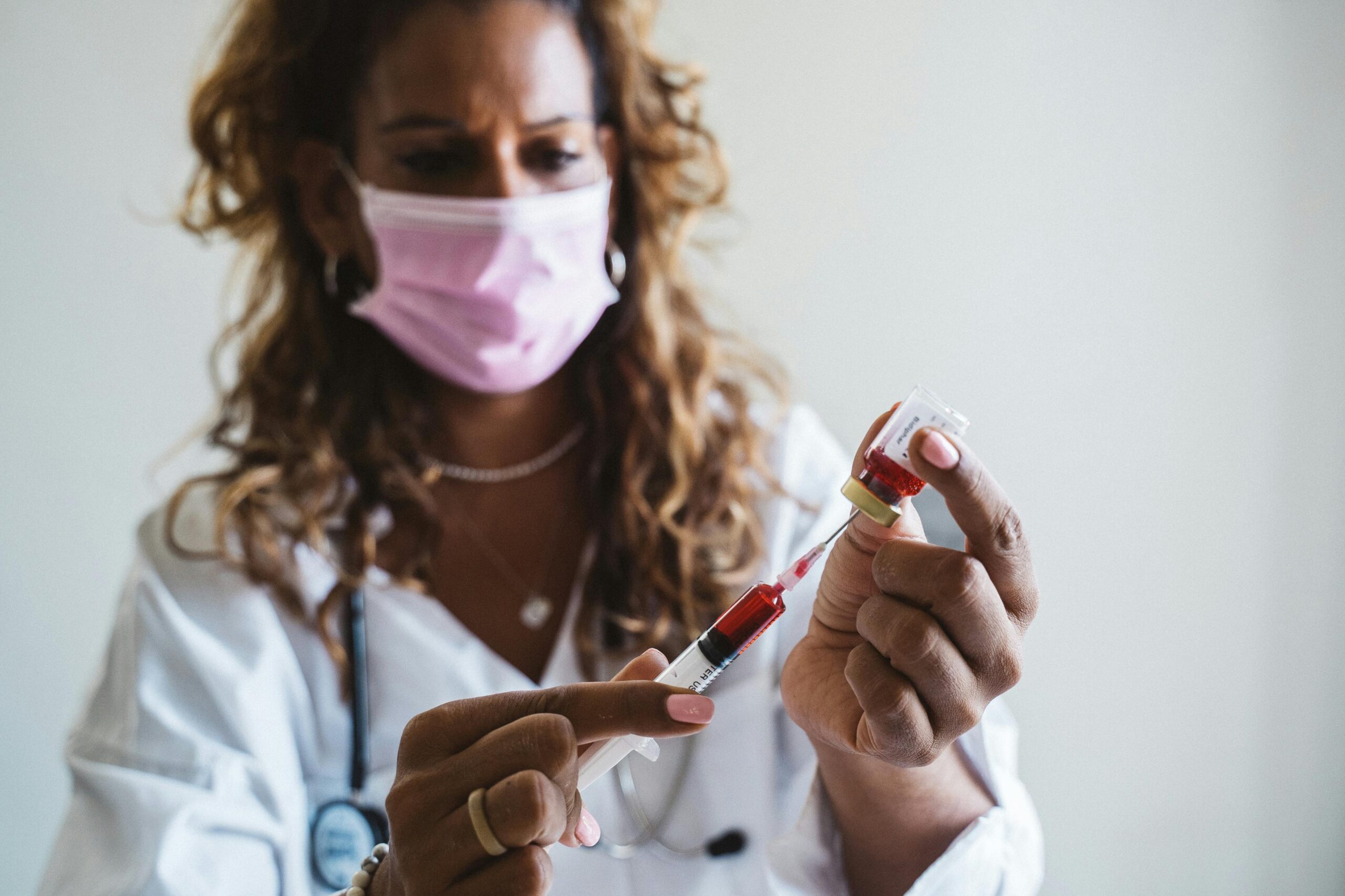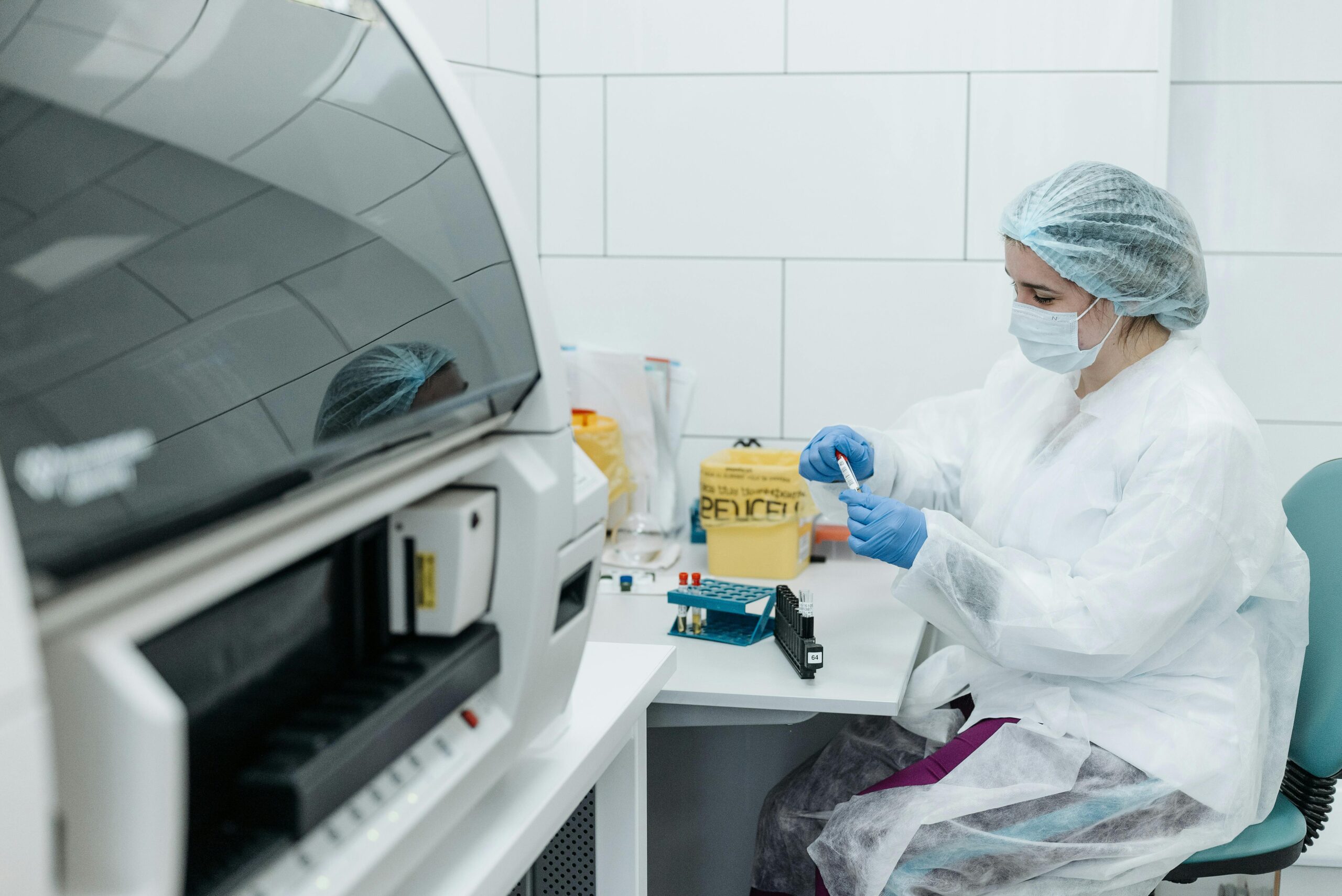
A Lipid Profile measures the levels of fats in your blood, such as cholesterol and triglycerides. These values help assess the risk of developing heart disease or stroke.

We offer comprehensive lipid testing to help assess your cardiovascular health. Our modern lab facilities ensure quick, accurate results in a patient-focused setting. The Lipid Profile is a key tool in evaluating your risk of heart disease and guiding appropriate treatment or lifestyle changes.
Total Cholesterol
HDL (Good Cholesterol)
LDL (Bad Cholesterol)
Triglycerides
VLDL (Very Low-Density Lipoprotein)
It helps:
Assess risk of heart disease or stroke
Monitor effectiveness of lifestyle or medication therapy
Detect inherited lipid disorders
For most adults, every 4–6 years. More often if you have risk factors like diabetes, smoking, or high blood pressure.
A simple blood sample is taken from a vein in your arm.
Yes, fasting for 9–12 hours is usually recommended unless your doctor advises otherwise.

8:00 AM TO 8:00 PM MON TO SAT
8:00 TO 5:00 PM SUNDAY
Copyright © 2026 StarMAX | Designed & Developed by Innspire Media